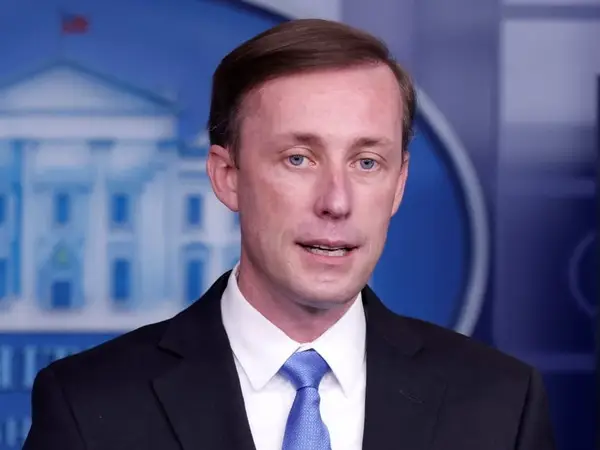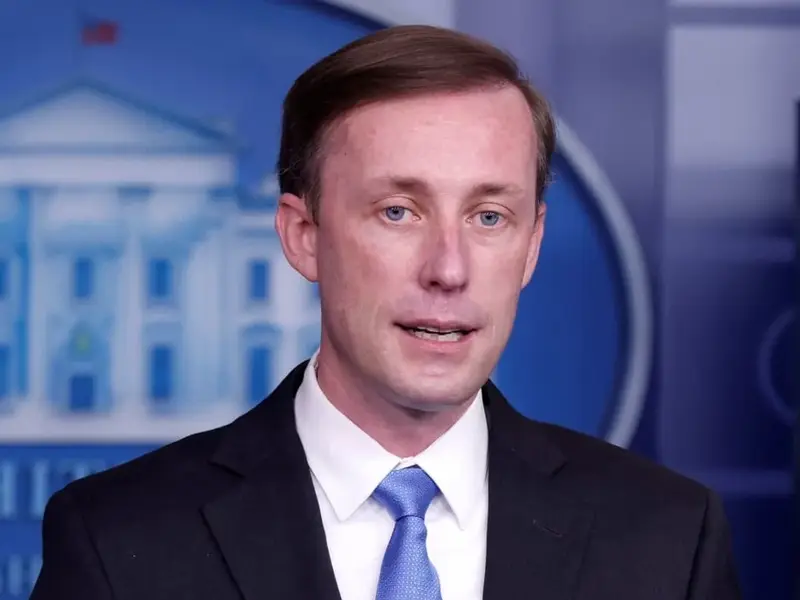National security adviser Jake Sullivan said President Joe Biden will discuss the Iran nuclear talks with European allies on the sidelines of upcoming summits.
Sullivan speaking from the White House was referring to the G20 Summit this weekend and the global climate summit next week.
He added that Biden looks forward to discussing the Iran nuclear issue especially with the E3, the United Kingdom, France and Germany who are participants in the 2015 Iran deal (JCPOA), so that the US and Europe can present "a united front after the four years of division on the Iran policy in the last administration."
Asked about at what stage the Administration would consider that Iran has passed the point of no return in its nuclear program, Sullivan avoided a specific answer.
"I'm not fixing a date on that. Obviously, we closely monitor the progress in Iran's nuclear program. We are alarmed and concerned by the steps that they have taken since they left the Joint Comprehensive Plan of Action," Sullivan said.
He added, “Within the Joint Comprehensive Plan of Action, there were constraints on that program that were significant and substantial. We had a lid on that program. Now we do not because we don't have that deal. So, our first and highest priority is to get back to the table and get back to a deal that does, in fact, place a lid on Iran's nuclear program."
The national security adviser said the US and its partners still want a diplomatic solution to bring both America and Iran back into compliance with the 2015 nuclear deal that former President Donald Trump withdrew from.
Iran suspended its participation in multilateral negotiations in Vienna in June and has not responded to calls to return to the talks. Meanwhile it continues enriching uranium and getting closer to a point where it can have enough fissile material for a nuclear device.
Sullivan underscored the window for diplomacy "is not unlimited...and that we of course, retain all other options to be able to deal with this program as necessary."
“And we will be sending clear messages to the Iranians, as we have been doing over the course of the past few months, that this window is not unlimited, that we do need to see a return to diplomacy and progress at the diplomatic table, and that we of course, retain all other options to be able to deal with this program as necessary.”

